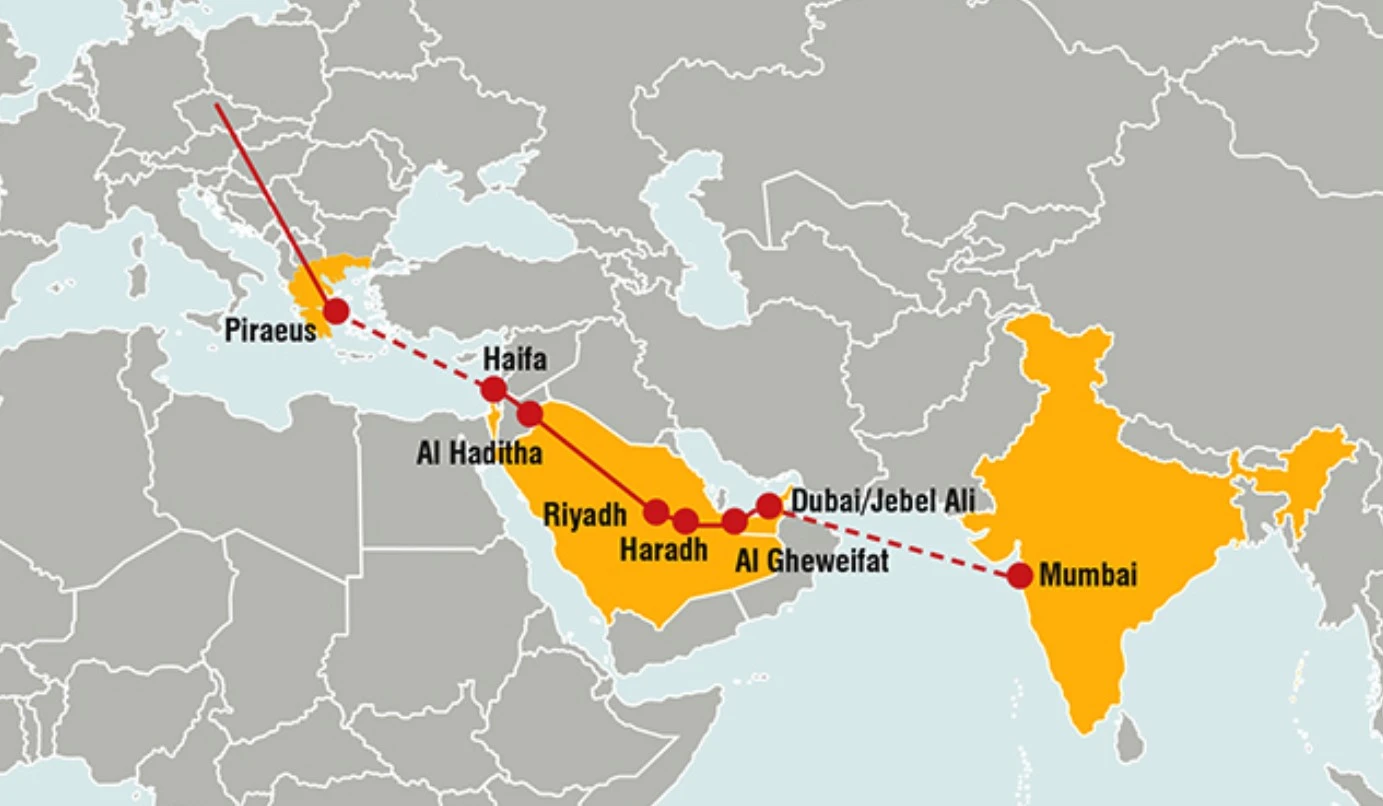In Northern Italy, China’s COSCO owns 40% of the port of Vado Ligure, an investment aligned with the Belt and Road Initiative (BRI).
The BRI aims to link Asia, Europe, and Africa through infrastructure. But it also raises concerns in Europe. For instance, Italy plans to leave the BRI due to security worries.
To find alternatives, the European Union hosted the Global Gateway Forum. This event promotes sustainable infrastructure.
Another option is the India-Middle East-Europe Economic Corridor (IMEC). Italy supports this new route. IMEC plans to set up two major paths for shipping and rail.
However, challenges remain.
Some worry that IMEC might still rely on Chinese ports. There are also concerns about Israel. It plays a key role in IMEC but faces political instability.
A report from the European Parliament warns about China’s port investments. Such investments could turn into strategic advantages for China in conflicts.
Over the last 20 years, Chinese firms have invested $9.7 billion in European ports. This includes Greece’s Piraeus, which could be a key IMEC entry point.
Trade imbalances also add to the worry. Italy’s exports to China grew only a little after joining the BRI. At the same time, imports from China surged.
This made the trade deficit worse.
In summary, Europe is reconsidering its ties with China’s BRI. Options like IMEC show Europe’s desire to control its own trade routes.
The move reflects bigger geopolitical changes. It also highlights the need for Europe to diversify its trade partners.
The success of alternatives like IMEC will depend on regional stability. Even as Europe looks for new routes, China’s existing investments mean it won’t leave the scene soon.

Background
Europe’s interest in alternatives like IMEC isn’t sudden. It’s the result of years of trade imbalances and security concerns.
Historically, China’s investments in European ports were welcomed. They came at a time when Europe faced economic difficulties.
But as China’s global influence grew, so did worries about its true intentions. The recent shift toward options like IMEC signals a changing mood.
The EU wants more control over its economic future. The success of these new initiatives could redefine trade relations between Europe, Asia, and the Middle East.

